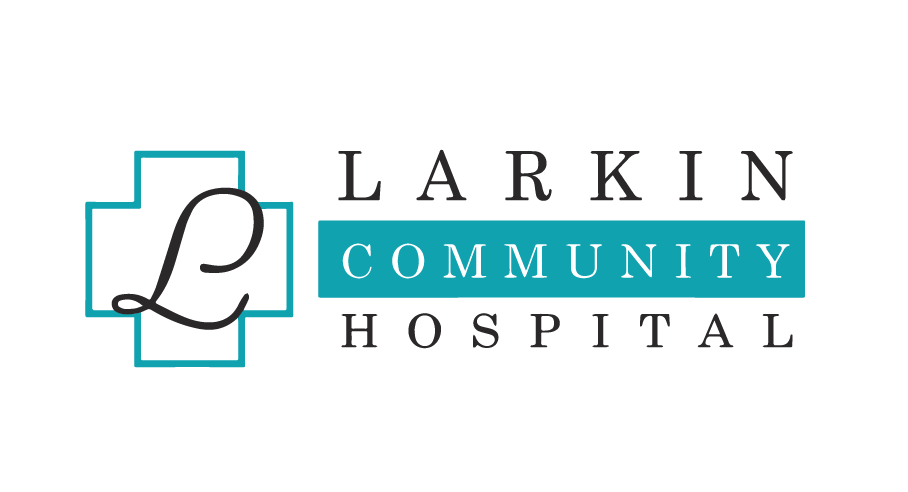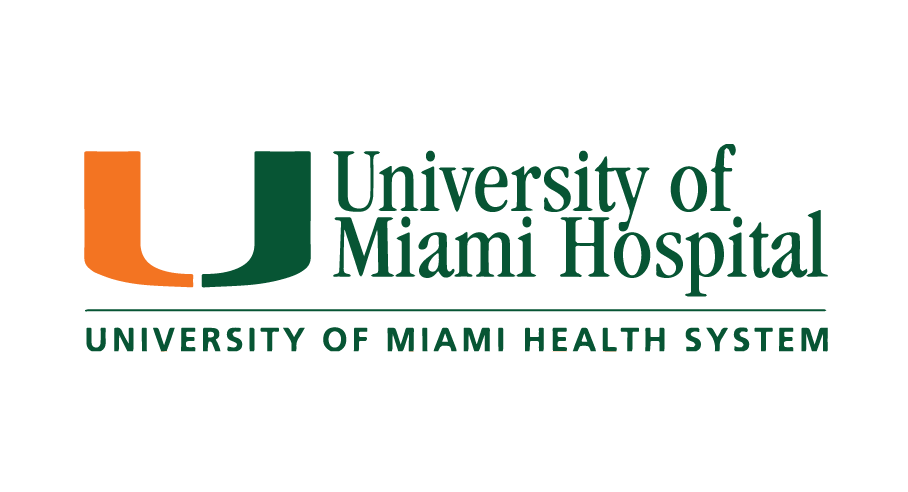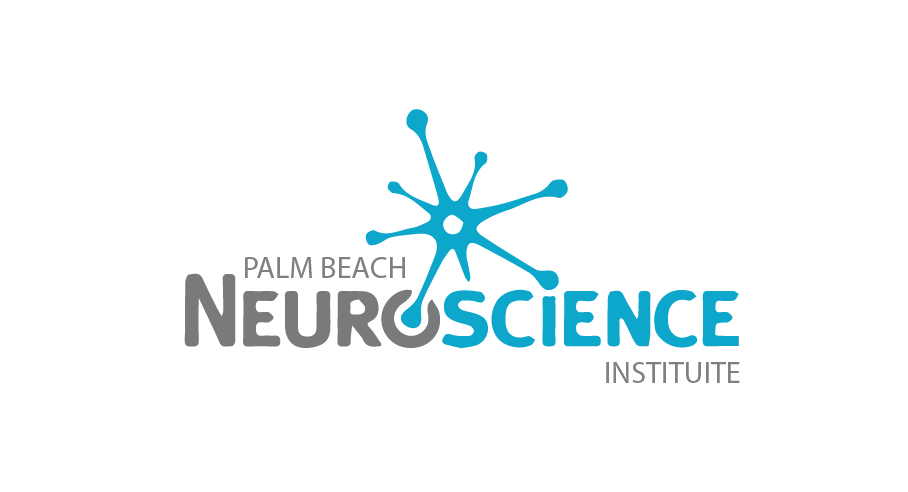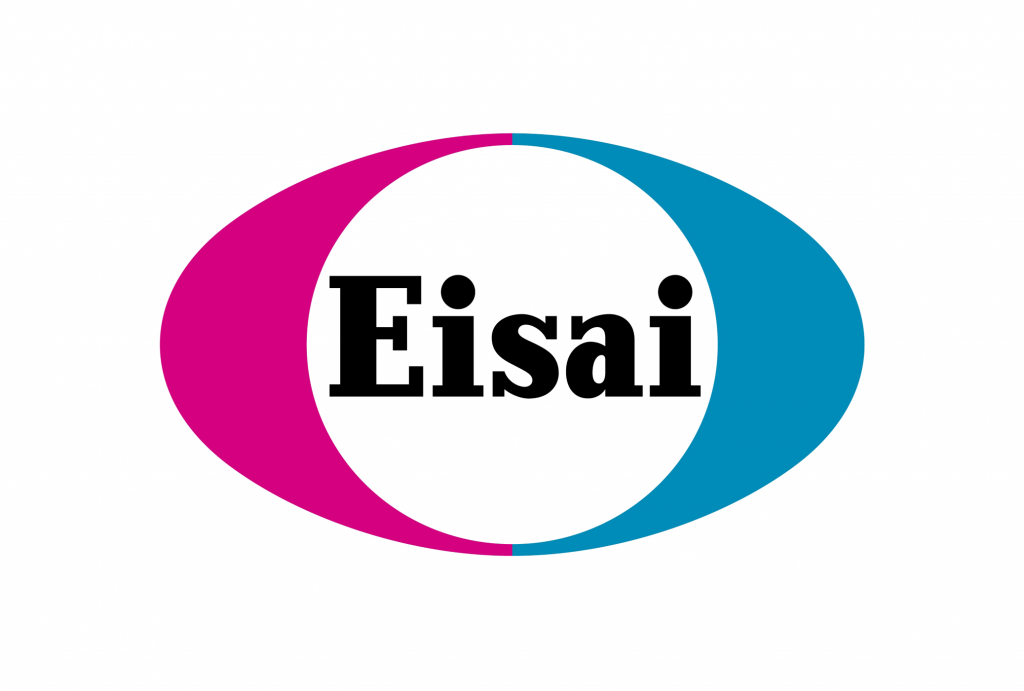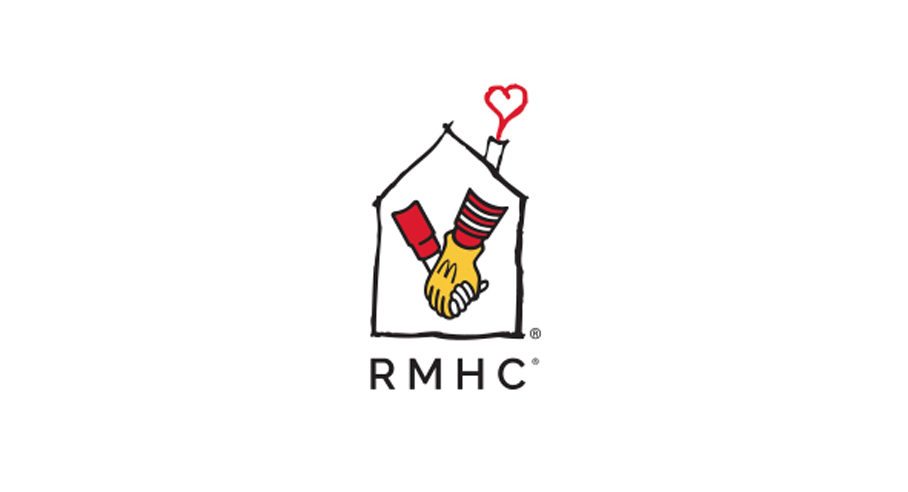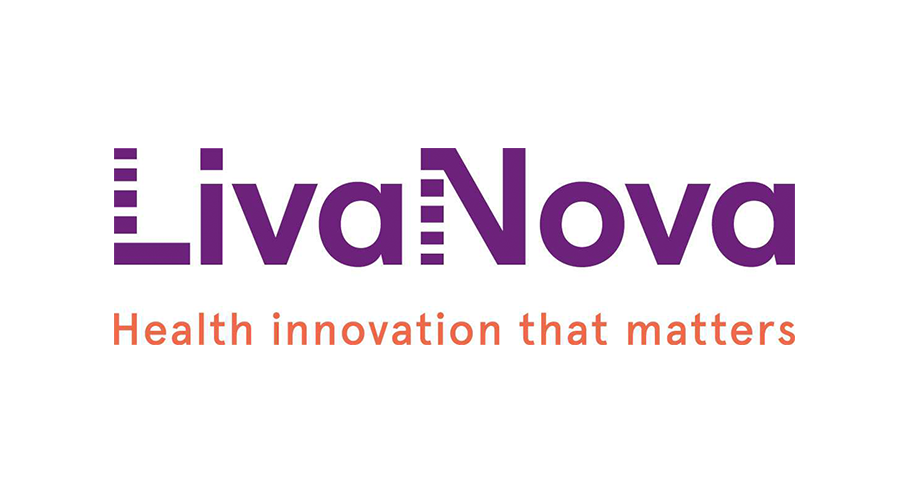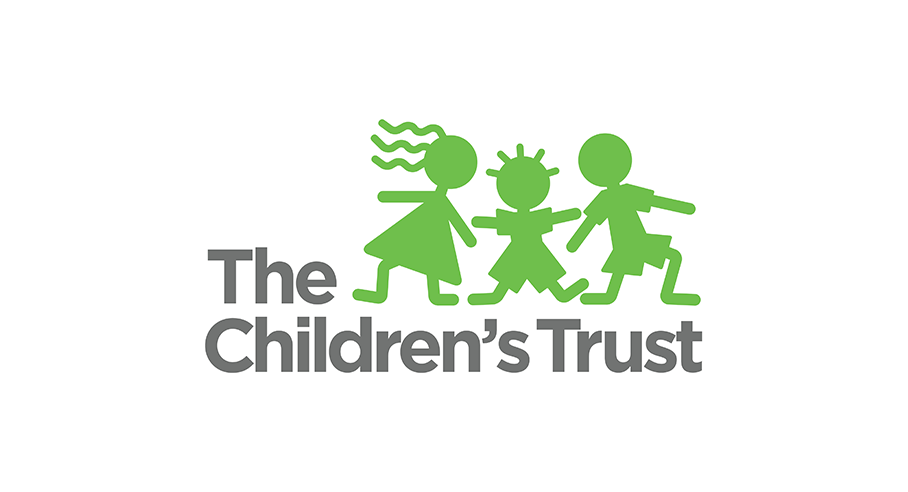Researchers at the University of Veracruz (UV), in the west coast of Mexico, have studied the neurobiological link between autism spectrum disorder (ASD) and epilepsy in order to understand why the brain of an autistic child is 20-30 percent more susceptible to seizures that an infant without the condition.
The research seeks to understand the differences in the amount of neurotransmitters and receptors that may determine susceptibility to seizures. “If we know what happens in the brain structures of lab rats using these models, we can generate new insights into the characteristics that patients with ASD present that make them more susceptible to having seizures and may in the future provide new drugs or non-pharmacological interventions treatments for such illness,” says Angel Puig.
The World Health Organization estimates that worldwide, one in 160 children under 12 years of age has autism. In Mexico, there are about 46,000 people with this disease.
The specialist says that one to 1.5 percent of the global population have epilepsy, equivalent to 50 million people. Epidemiological data indicate that between 20 and 35 percent of children with autism have this condition; however, the neurobiological causes of such comorbidity are yet unknown.
To continue reading CLICK HERE
Source: http://medicalxpress.com/news/2015-04-relationship-autism-epilepsy.html









